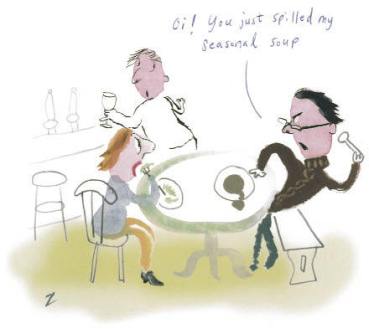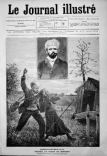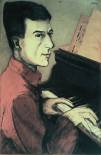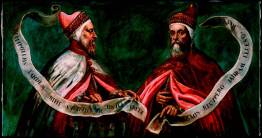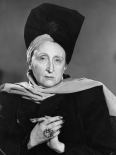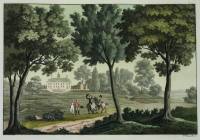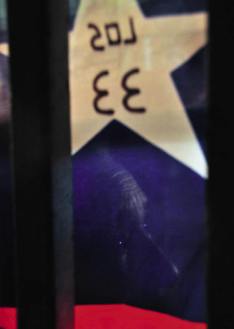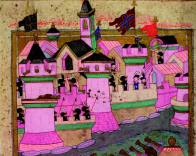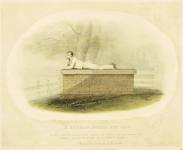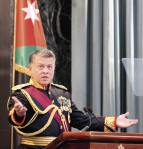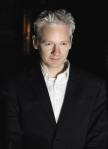The family plot
Hisham Matar is a Libyan-American writer whose father, Jaballa — an opponent of Gaddafi — was kidnapped in Cairo in 1990. Hisham Matar is a Libyan-American writer whose father, Jaballa — an opponent of Gaddafi — was kidnapped in Cairo in 1990. He is believed to be in jail in Libya; Matar campaigns from London for his release. If you already knew this, it’s probably because of the attention that came Matar’s way when he published his first novel, In the Country of Men (2005). That book, set in Tripoli in 1979, is told from the point of view of a dissident’s young son. Although the details don’t match Jaballa’s
